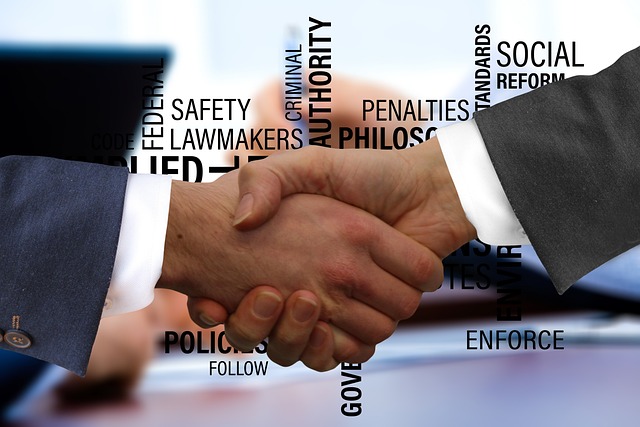The Hidden Truth: How Dishonesty Fuels Deforestation
In a world where environmental issues threaten our very existence, the conversation about deforestation often revolves around clear-cutting, logging practices, and agricultural expansion. However, there lies a deeper, more insidious factor fueling this crisis—dishonesty. This pervasive truth can be seen in corporate practices, governmental policies, and even in our everyday decisions.
The Corporate Deception
Many large corporations claim to prioritize sustainable practices while turning a blind eye to their actual impact on the environment. Dishonesty manifests when companies market their products as “eco-friendly” or “sustainable,” only to engage in practices that lead to extensive deforestation. They often mislead consumers into thinking they are making responsible choices, all while contributing to the degradation of forests. This deception not only harms the environment but also erodes consumer trust.
Government Regulation and Corruption
Government policies often play a crucial role in protecting forests. However, when transparency is lacking, dishonesty creeps in. Corruption among regulators can lead to lax enforcement of laws designed to protect our forests. For instance, logging permits can be issued under questionable circumstances, allowing illegal logging operations to flourish. Such dishonesty compromises our ability to combat deforestation, as these actions not only devastate ecosystems but also jeopardize the livelihoods of local communities dependent on these resources.
The Role of Individuals
It’s essential to acknowledge that dishonesty is not solely a corporate or governmental issue; individuals can perpetuate this cycle as well. When we choose convenience over sustainability, we become complicit in the destruction of our forests. Whether it’s purchasing products with hidden environmental costs or ignoring the impact of our consumption habits, personal dishonesty about our choices contributes to the broader issue of deforestation.
The Consequences of Inaction
The implications of this dishonesty are dire. Our forests are not just a collection of trees; they are vital ecosystems that serve as habitats for countless species, regulate our climate, and provide essential resources for humanity. When we allow dishonesty to dictate our actions—whether through deceptive corporate practices, governmental inaction, or personal choices—we jeopardize not only the trees but also our future.
Championing Honesty for Change
To combat the rampant dishonesty that fuels deforestation, we must advocate for transparency and accountability. Supporting companies that practice genuine sustainability, demanding ethical governance, and making informed choices as consumers are all steps we can take to dismantle the cycle of dishonesty. Only through collective action and an honest approach toward our relationship with nature can we hope to preserve the invaluable forests that sustain our planet.
As we navigate this complex issue, let us reflect on how our individual and collective honesty can pave the way for a more sustainable future, where the beauty of our forests can thrive once again.




